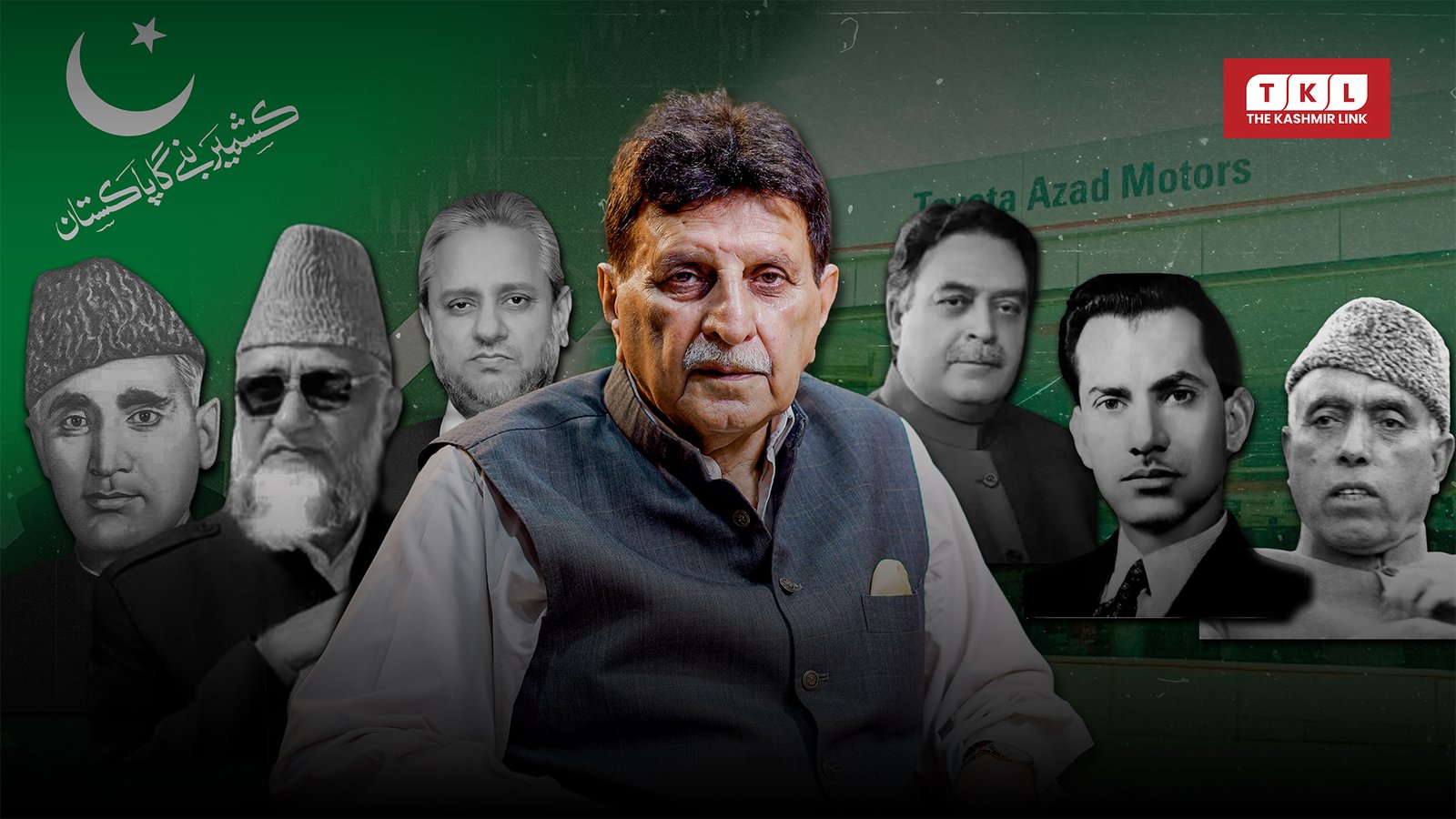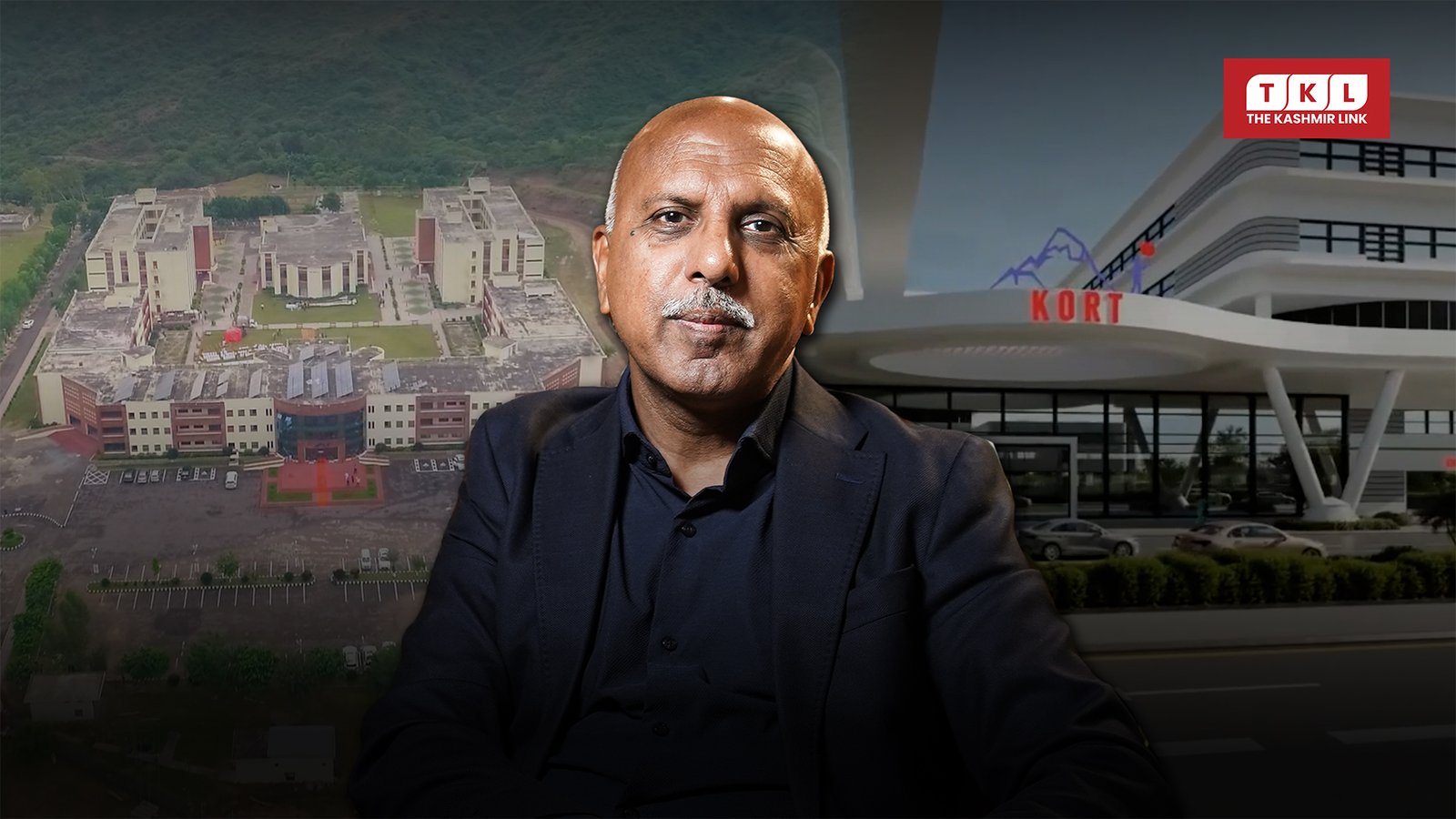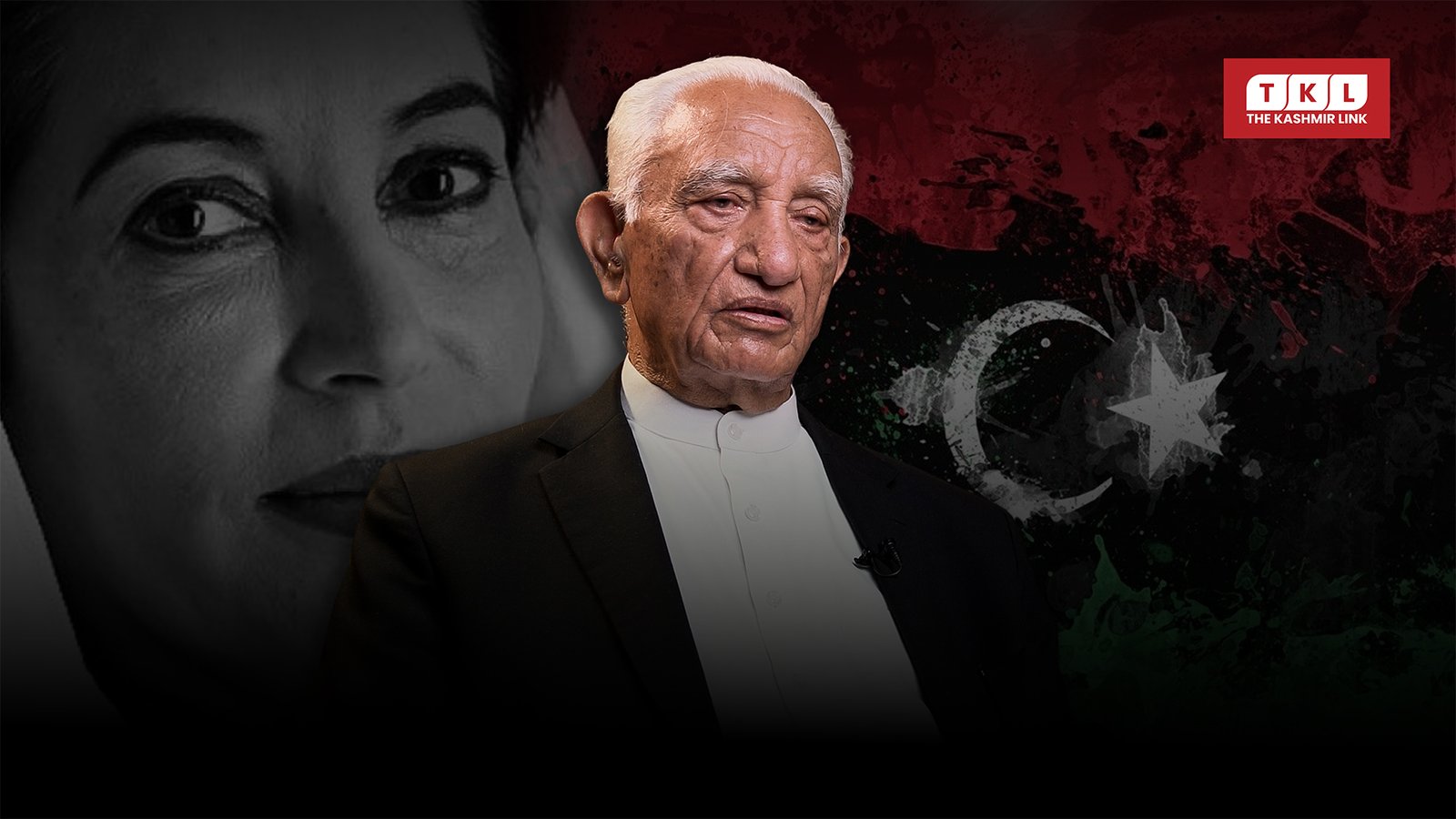The Constitutional Status of Azad Jammu & Kashmir
Former Chief Justice and senior jurist Justice (Retd.) Syed Manzoor Hussain Gillani has called for constitutional reforms in Azad Jammu & Kashmir (AJK), stressing that the region must be given equal rights, political representation, and recognition within Pakistan’s federal framework until the Kashmir issue is resolved.
In an exclusive interview, Justice Gillani highlighted the unique constitutional status of AJK, criticized the absence of parliamentary representation, and urged Islamabad to correct long-standing anomalies that deny the people of Azad Kashmir equal citizenship and political participation.
“No Constitution in the World Resembles AJK’s Constitution”
Justice Gillani explained that the Constitution of Azad Jammu & Kashmir is unlike any other in the world. While it borrows some elements from India, Pakistan, and Bangladesh, it has never been fully implemented in its spirit.
“Azad Kashmir is practically governed as a province but is not legally recognized as one. Notifications in 1971 and 1988 declared that AJK is not part of Pakistan under its constitution, yet its system will be run ‘as far as possible’ like a province. This is an anomalous situation that must be corrected,” he said.
He noted that while AJK has a President, Prime Minister, and Legislative Assembly, the appointment of judges and key positions is still controlled by Pakistan’s federal government, a practice inconsistent with democratic principles.
Lack of Representation in Pakistan’s Institutions
Gillani strongly criticized the absence of AJK’s voice in Pakistan’s parliament, bureaucracy, and regulatory bodies such as the Indus River System Authority (IRSA) and the Council of Common Interests (CCI).
“Other provinces send elected representatives to the center. They protect their provincial interests in water distribution, electricity, gas, and resource allocation. Azad Kashmir has no seat at the table. We have no share in IRSA, no presence in CCI, no parliamentary voice. This is our biggest loss,” he remarked.
He stressed that while Kashmiris serve in the civil and military bureaucracy, they are employees, not political representatives.
Citizenship and Identity Crisis
Justice Gillani revealed that the people of Azad Kashmir are not considered citizens of Pakistan, despite holding Pakistani National Identity Cards (CNICs) and passports.
“This passport is only an identity document, not nationality. Refugees from Indian-occupied Kashmir living in Pakistan are full citizens — they vote in Pakistan’s parliament and assemblies. But the people of Azad Kashmir cannot vote in Pakistan, nor are they recognized as citizens in legal terms,” he said.
He warned that this citizenship gap creates an unjust system, leaving Kashmiris in limbo despite their loyalty and sacrifices for Pakistan.
Proposal for Constitutional Alignment
Justice Gillani proposed a practical solution:
- Retain the current AJK constitution but align it with Pakistan’s Constitution regarding provinces.
- Provide representation in parliament, IRSA, CCI, and other federal institutions.
- Grant Kashmiris equal rights while maintaining AJK’s disputed status internationally.
He compared this to India’s pre-2019 arrangement, where Jammu & Kashmir had its own constitution but was fully aligned with India’s federal framework before Article 370 was revoked.
“Rights are not disputed — they are undisputed. Until the Kashmir issue is resolved, people of Azad Kashmir should be treated at par with other Pakistanis,” he emphasized.
Silent Politics and National Stakes
Gillani expressed disappointment that both AJK’s political leadership and Pakistan’s federal government have remained silent on this critical issue.
“We have no other option except Pakistan. Yet, our rights are being ignored. This silence is dangerous — both for Pakistan’s credibility and for Kashmir’s future,” he warned.
Justice (R) Syed Manzoor Hussain Gillani’s interview underscores a pressing reality: Azad Kashmir is caught between being treated like a province but denied the rights of one. Without representation, citizenship, and constitutional clarity, the people of AJK continue to suffer political and legal marginalization.His call for reforms is clear: equal rights, representation, and integration with Pakistan’s democratic institutions — without compromising the international status of the Kashmir dispute.








